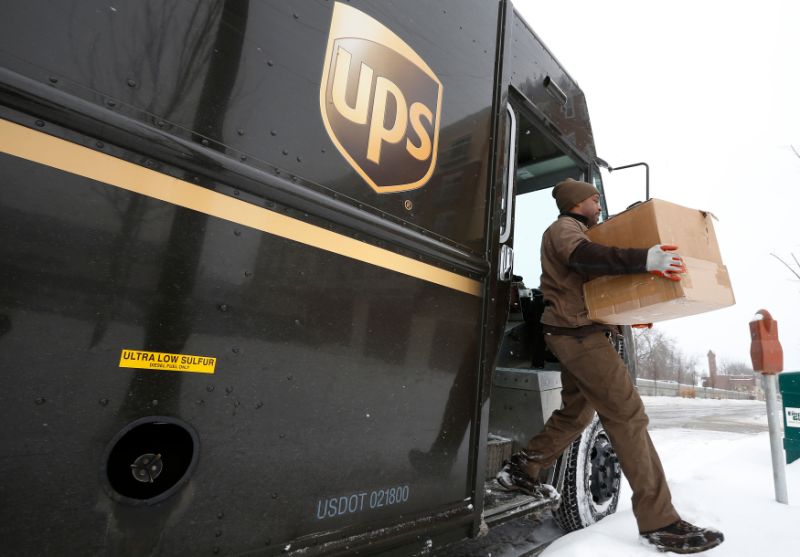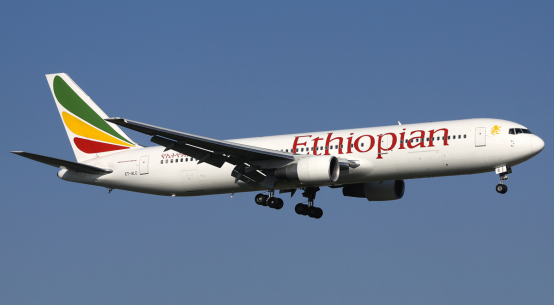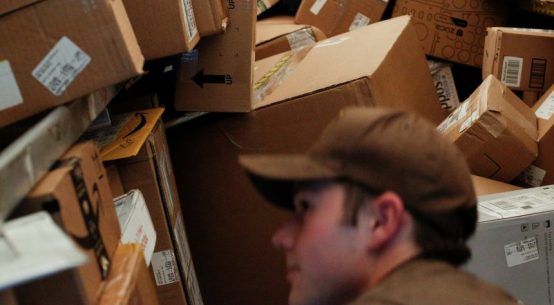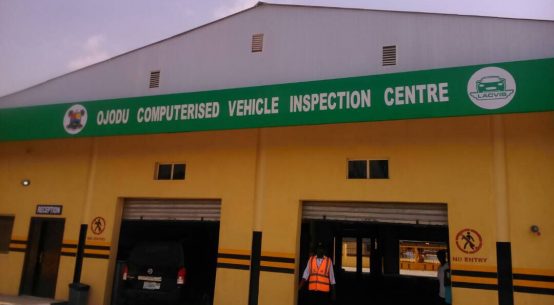
UPS expects to deliver 750 million packages this holiday season, up from 712 million last year. (Bill O’Leary/The Washington Post)
If it seems like your online orders are arriving later than expected, you’re not alone.
An influx of online purchases — particularly during Cyber Monday, the busiest online shopping day in U.S. history — is testing the limits of carriers including UPS, despite heavy investment in new warehouses and seasonal employees. Americans spent a record $6.59 billion online on Cyber Monday, according to data from Adobe Analytics.
The number of late deliveries typically doubles during the holidays, leading to headaches for shoppers and retailers alike, according to data from LateShipment.com, an Orlando-based start-up that tracks shipment delays.
UPS, the world’s largest delivery company, warned last week that some deliveries would be delayed by one or two days, as staffers worked extended hours to manage the rush. UPS expects its holiday load to rise 5 percent, to 750 million packages, this holiday season, while FedEx says it’s planning for up to 400 million parcels.
And pilots who deliver for DHL and Amazon’s Prime Air say they are already experiencing delays, which are likely to grow worse in coming weeks. (Jeffrey P. Bezos, the founder and chief executive of Amazon, owns The Washington Post.)
“It looks like the next three weeks are going to be challenging, particularly with serving Amazon,” said Robert Kirchner, a pilot for Atlas Air Worldwide Holdings and executive council chairman of Teamsters Local 1224, a labour union that represents pilots and crew members from 11 airlines. “Amazon is already expecting delay problems — we know this from UPS and certainly from our own flight problems — and we’re expecting that it’s going to get worse in the next two weeks leading up to Christmas.”
Atlas, he said, now has 12 cargo planes devoted to Amazon deliveries, up from two last year. But morale is low among pilots, with one-third of them actively looking for employment elsewhere, according to a recent union survey. Roughly 220 pilots have quit this year, leaving the company with about 1,500 active pilots. (A spokesman for Atlas Air disputed those claims: “We disagree with the union’s commentary,” Dan Loh said in an email. “We are fully staffed and fully committed to meeting our customers’ expectations.”)
“Working conditions are getting worse, which means pilots are getting sick, they’re dealing with fatigue,” Kirchner said, adding that the union is currently in contract negotiations with Atlas. “When a pilot calls in sick this time of year, there are very few replacements available.”
UPS said it has staffers working extended hours to manage the rush. About 89 percent of UPS Express packages were delivered on time between Nov. 27 and Dec. 2, compared to 99 percent at FedEx, according to ShipMatrix, a Pennsylvania-based company that tracks deliveries.
UPS, which had plans to hire 95,000 temporary workers this holiday season, also recently implemented a 70-hour, eight-day workweek for its drivers. (They previously worked 60 hours over seven days.) A spokeswoman for the company said UPS workers will process nearly double the company’s daily average of 19 million packages and documents between Thanksgiving and Christmas.
On Monday, the company said last week’s delays had been resolved.
“UPS’s operations have returned to the peak operating plan after the initial cyber week surge,” spokeswoman Natalie Godwin said in an email. “The vast majority of packages will be delivered in accordance with the service commitments for the specified time-in-transit.”
Retailers are increasingly taking matters into their own hands by encouraging shoppers to buy online and pick up in the store. Walmart offers discounts to customers who collect their own orders. Sears, meanwhile, allows shoppers to pick up items curbside, without ever getting out of their cars.
Those types of arrangements are increasingly important to retailers, analysts say, because they afford them greater control over customers’ deliveries. One late Christmas delivery can be enough to ward off shoppers, says Sriram Sridhar, chief executive of LateShipment.com, who advises retailers to preemptively inform customers if it looks like their items will be delayed.
Sridhar added that UPS and FedEx, which generally offer refunds to retailers on delayed deliveries, make no such guarantees during the holidays.
“The holiday rush typically translates into an automatic reduction in on-time deliveries,” he said. “If merchants aren’t proactive, it’s an almost guaranteed way of losing that customer.”










